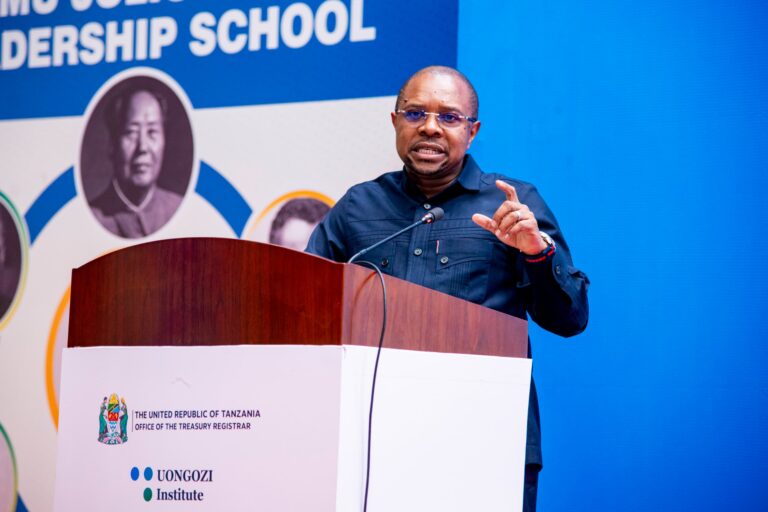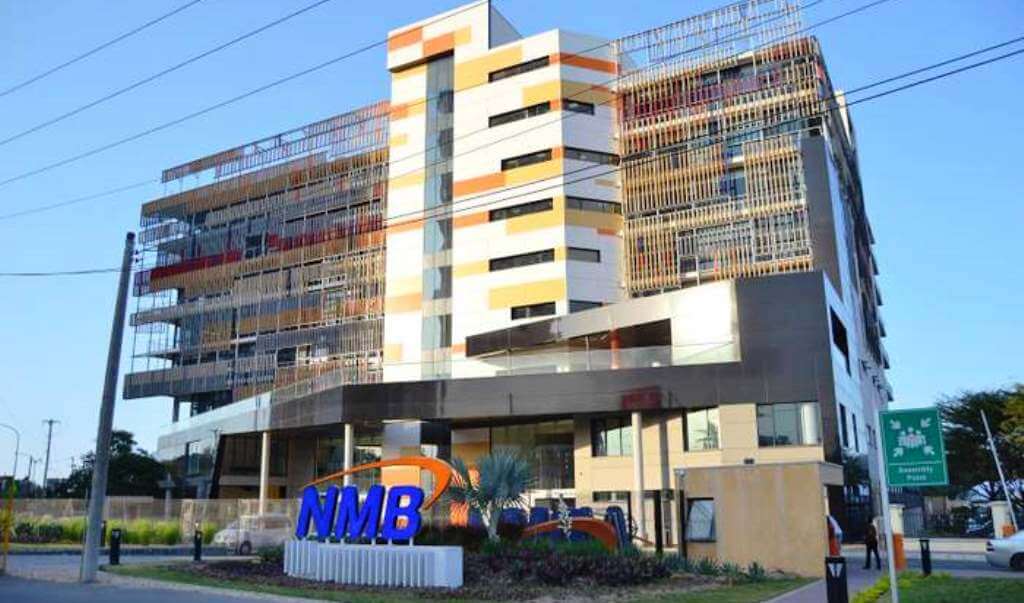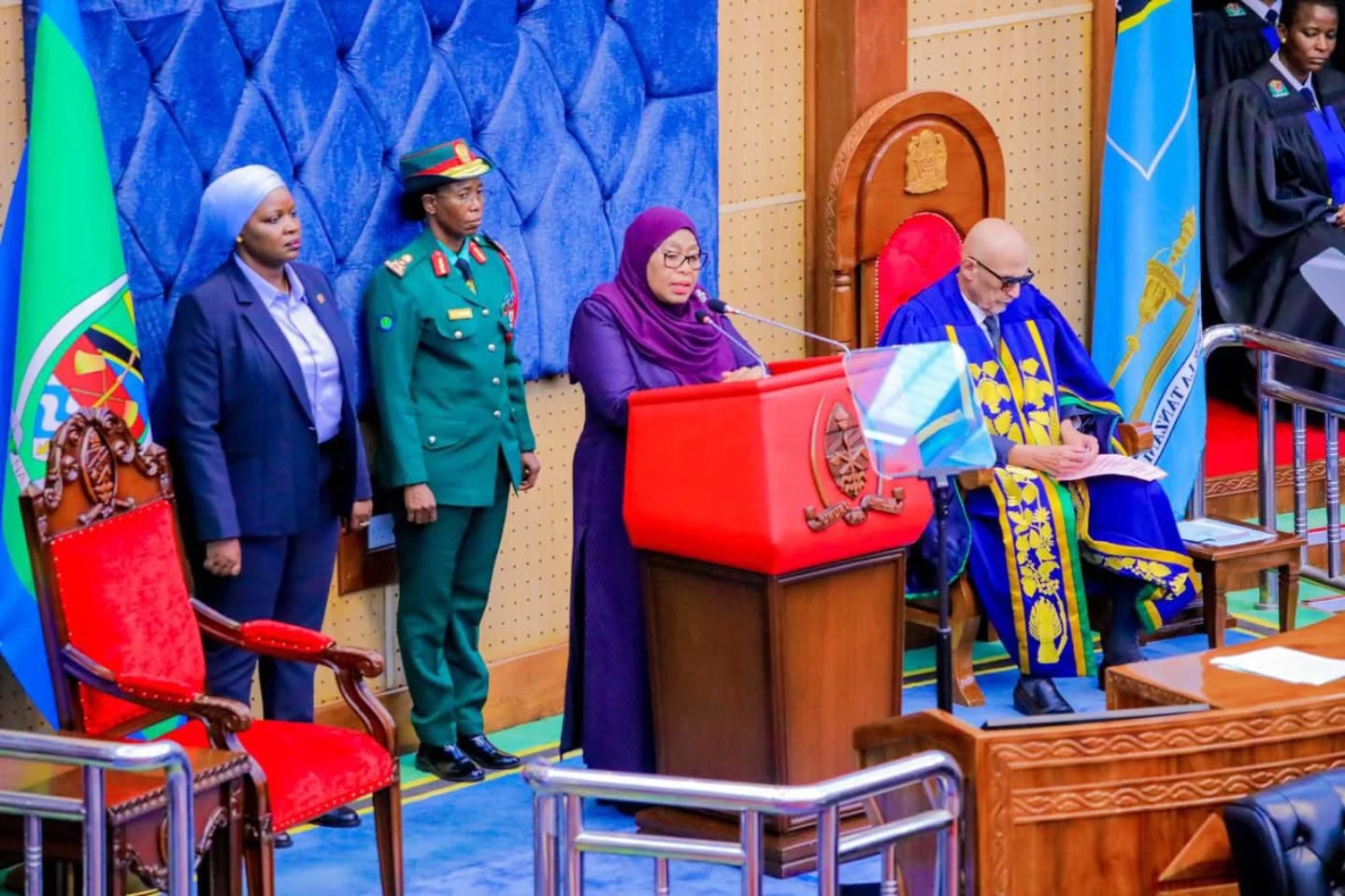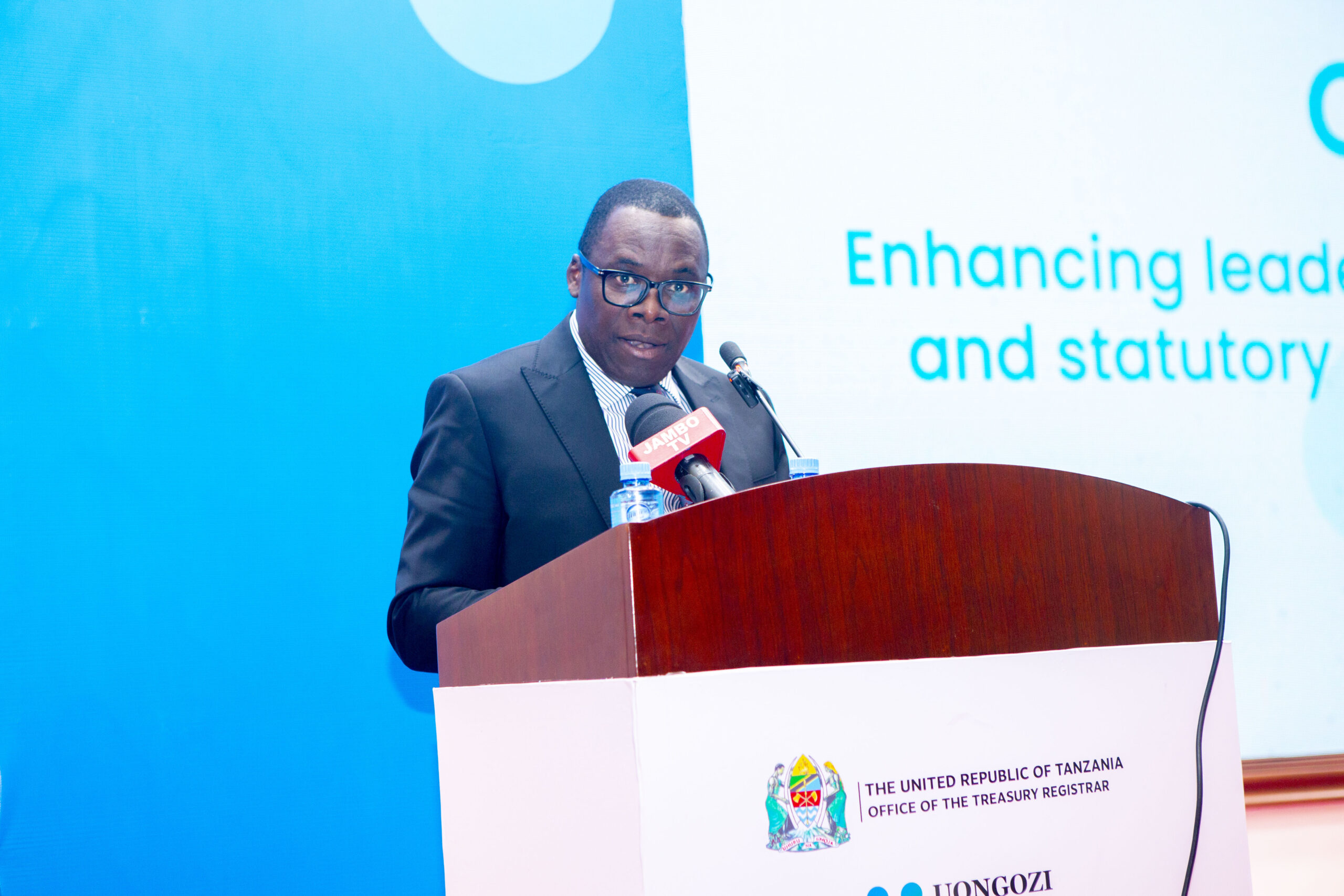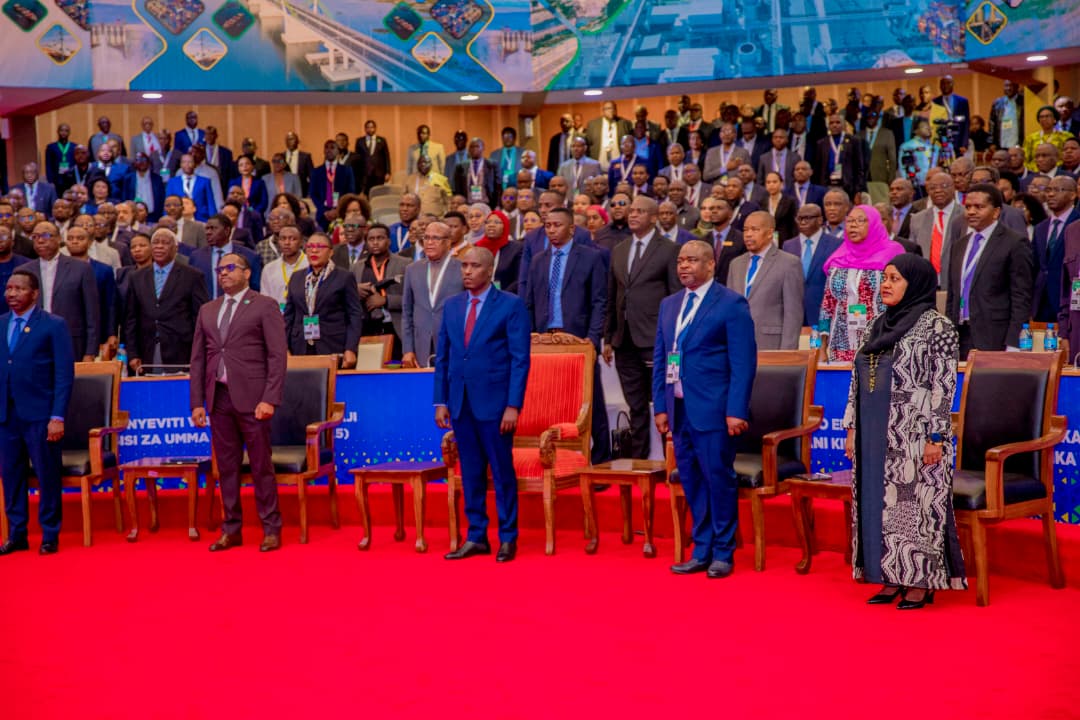Kibaha. The government has called on leaders of public institutions to create supportive work environments that foster productivity and innovation among employees in the execution of their duties.
This directive was delivered by Ridhiwani Kikwete, Minister of State in the Prime Minister’s Office (Labour, Youth, Employment and Persons with Disabilities), during the official closing of a four-day induction training for Chief Executives of Public Institutions, Government Agencies and State-Owned Enterprises (Group Two) on Wednesday, July 30, 2025, at the Mwalimu Julius Nyerere Leadership School in Kibaha.
In his remarks, Mr Kikwete emphasized the importance of effective human resource management to improve institutional performance.
“If you want to see better results, you must abandon authoritarian leadership styles and instead cultivate a work environment that inspires employees to be dedicated, creative, and more productive at every level,” said Kikwete.
He cautioned, however, that a supportive environment does not mean tolerating incompetence.
“I’m not saying you should go easy on underperformers. What I mean is that you must lead with purpose, professionalism, and uphold the principles of good governance,” he clarified.
The Minister underscored the need for institutional heads to respect civil service ethics and ensure every staff member feels valued and empowered to contribute ideas that enhance services and drive positive change.
According to him, this approach ensures that public institutions remain productive, adaptive to technological and operational shifts, and responsive to national development needs.
He cited recent public sector reforms as key contributors to increased government returns, highlighting that state investment in public institutions has now reached Sh86.29 trillion.
This was evidenced in the 2024/25 financial year, when Her Excellency President, Dr Samia Suluhu Hassan, received a record Sh1.028 trillion in non-tax revenue from government agencies, state corporations, and companies with partial government ownership.
“That amount is historic. Our main goal is to ensure that the government’s investment in public institutions continues to generate sustainable value for the country,” Mr Kikwete said.
On his part, Minister of State in the President’s Office (Planning and Investment), Prof Kitila Mkumbo, affirmed the government’s commitment—through the Treasury Registrar’s Office—to creating an ecosystem that supports President Samia’s vision of strong, capable institutions that accelerate national development.
Prof Mkumbo emphasized the need for public institution leaders to strictly adhere to government guidelines and legal frameworks to reduce wasteful spending and strengthen public resource management.
Permanent Secretary in the President’s Office (Public Service Management), Mr Juma Mkomi, noted that the training, organized jointly by the Office of the Treasury Registrar and the UONGOZI Institute, was essential for improving leadership in public institutions.
Gathering 114 institutional heads, the training covered modern management techniques, accountability, transparency, and effective service delivery.
“It is my belief that these sessions will improve how human resources are managed,” said Mr Mkomi.
“And remember, learning is continuous. Don’t be afraid to learn from your subordinates.”
“Doing so will make your team feel included in the leadership process, encouraging greater commitment and efficiency.”
For his part, Treasury Registrar, Nehemiah Mchechu, highlighted that effective reform in public institutions demands strong leadership, innovation, and collaboration between institutions, parent ministries, and key government stakeholders.
He urged executives to continue learning and shift their mindsets in line with evolving standards of good governance to help achieve long-term national development.
“We can only achieve meaningful results if our leadership is competent and efficient,” he stressed, adding that his Office will keep pushing for reforms to maximize institutional performance.

